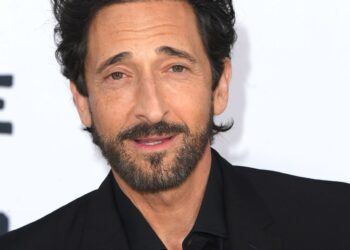Rob Halford: “Why I’m Not Afraid of Death at 73”
“I’ve lived an extraordinary life,” Rob Halford says, his voice steady and resonant, much like the iconic roar that defined generations of heavy metal fans. “There’s been loss, yes. There’s been wild success. I’ve had moments of despair and moments of joy so intense, it’s hard to describe. But at some point, you realize it’s not about chasing legacy—it’s about being present. And the most important thing is having and knowing fully well that… you lived truthfully, unapologetically.”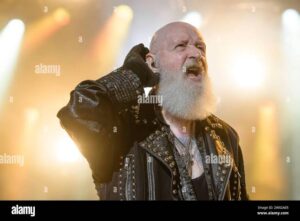
At 73, the Judas Priest frontman reflects not with regret, but with remarkable calm. For someone who’s spent over five decades commanding stages around the world, donning leather and studs, and delivering vocals with volcanic force, Halford today speaks with the clarity and vulnerability of a man who’s learned how to face the void with a smile.
“I used to be afraid of dying,” he admits. “Back in the early days, when we were just getting started, everything felt so new and fragile. You’re worried about how people see you, whether you’ll make it, whether it’ll all disappear tomorrow. And then, when we did make it—when Priest became what it is—I started worrying about keeping it all. There’s a constant fear in fame that it can vanish as fast as it came.”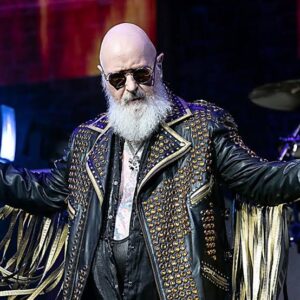
But age, sobriety, and introspection have changed him. Halford, who’s been sober since the mid-1980s, credits much of his emotional clarity to the difficult but necessary process of getting clean.
“Addiction messes with your sense of time, of self. You’re always chasing the next thing, running from something. But when I got sober, I had to confront everything. And over the years, I learned to just be. To sit in a moment without running from it.”
He pauses and smiles. “It’s a different kind of power. Not the power of standing on a stage in front of 60,000 fans—but the power of being alone and feeling at peace.”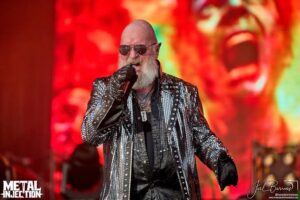
Of course, peace hasn’t always been a given. Halford’s path included decades of hiding his sexuality in an industry not always kind to queer voices, especially in the hyper-masculine world of metal. When he came out publicly in 1998, it was a watershed moment—not only for him, but for rock music as a whole.
“Coming out gave me freedom,” he says. “And that freedom helped me deal with everything else, including mortality. Because when you live in hiding, you’re not fully living. But once you show the world who you really are, the fear starts to die.”
Now, as he faces the natural questions that come with being in his seventies, Halford says he isn’t haunted by what comes after.
“Do I believe in an afterlife? I don’t know. I hope there’s something. But if there isn’t—if this is all we get—then I’m okay with that. Because I’ve felt everything. I’ve loved deeply, hurt deeply, screamed, wept, celebrated. I’ve stood on stages and felt thousands of people screaming back at me. I’ve held the hands of friends as they left this world. I’ve made peace with the pain and the beauty of it all.”
Rob Halford doesn’t see death as a finish line, but rather a continuation of the honesty he’s fought so hard to live with.
“I don’t want to die, obviously,” he says with a chuckle. “I still love what I do. I still feel that thrill every time I get on stage. But if my time came tomorrow, I’d be alright. Because I didn’t waste this gift. I used it. I shared it.”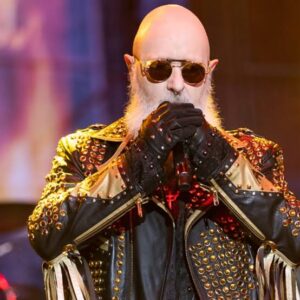
He points to a well-worn lyric book on a nearby table. “That’s all any of us can do, really. Leave behind something that speaks for us when we’re gone. Maybe it’s a song. Maybe it’s a hug you gave someone who needed it. Maybe it’s just the way you made people feel.”
And for a man who’s made millions feel invincible under a tide of distortion and defiance, that’s legacy enough.
“The trick,” Halford says, echoing the wisdom of someone who’s seen both the spotlight and the shadows, “is not to outlive death. The trick is to be so alive that even death can’t undo it.”
At 73, Rob Halford isn’t afraid of the end. He’s too busy being here.














